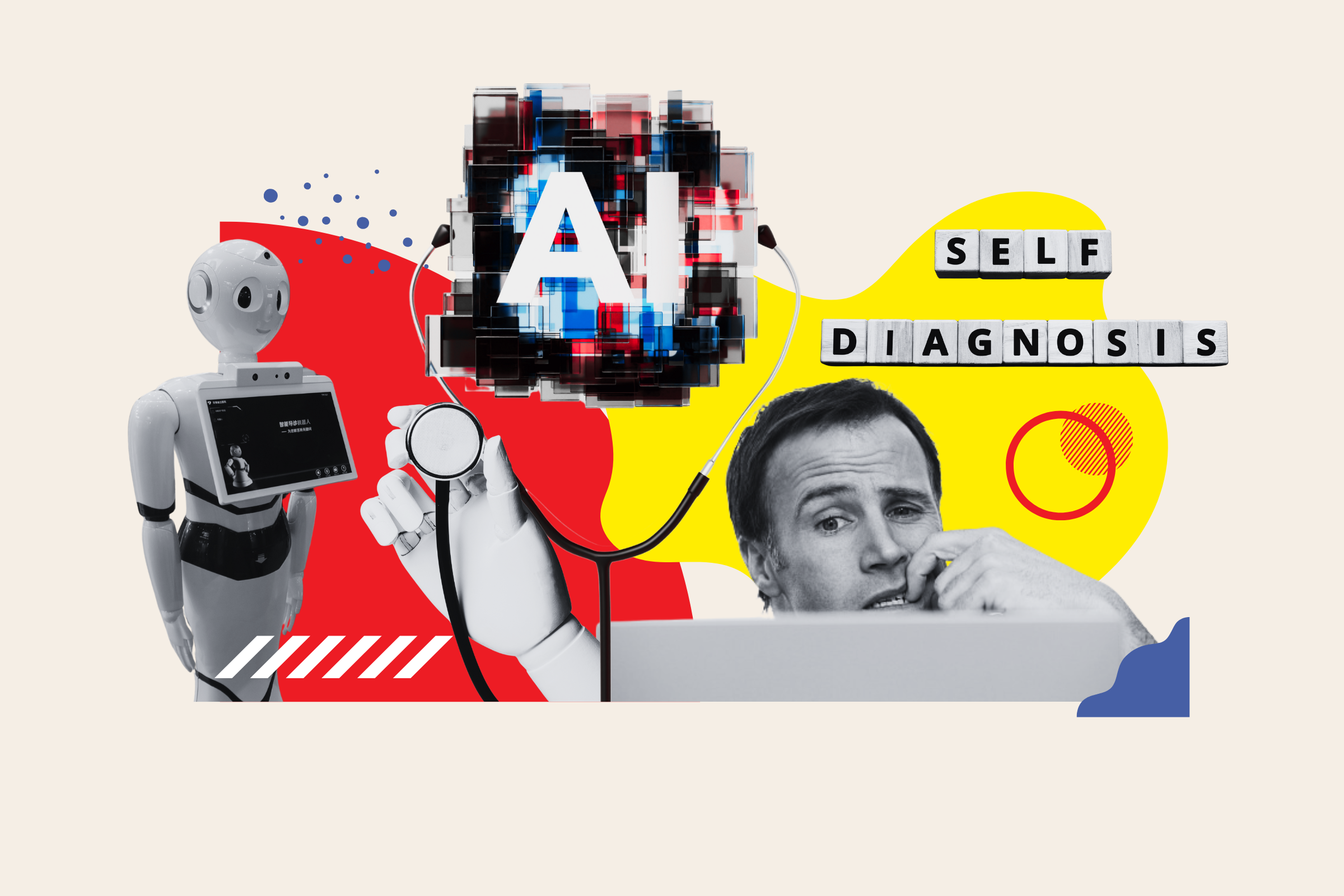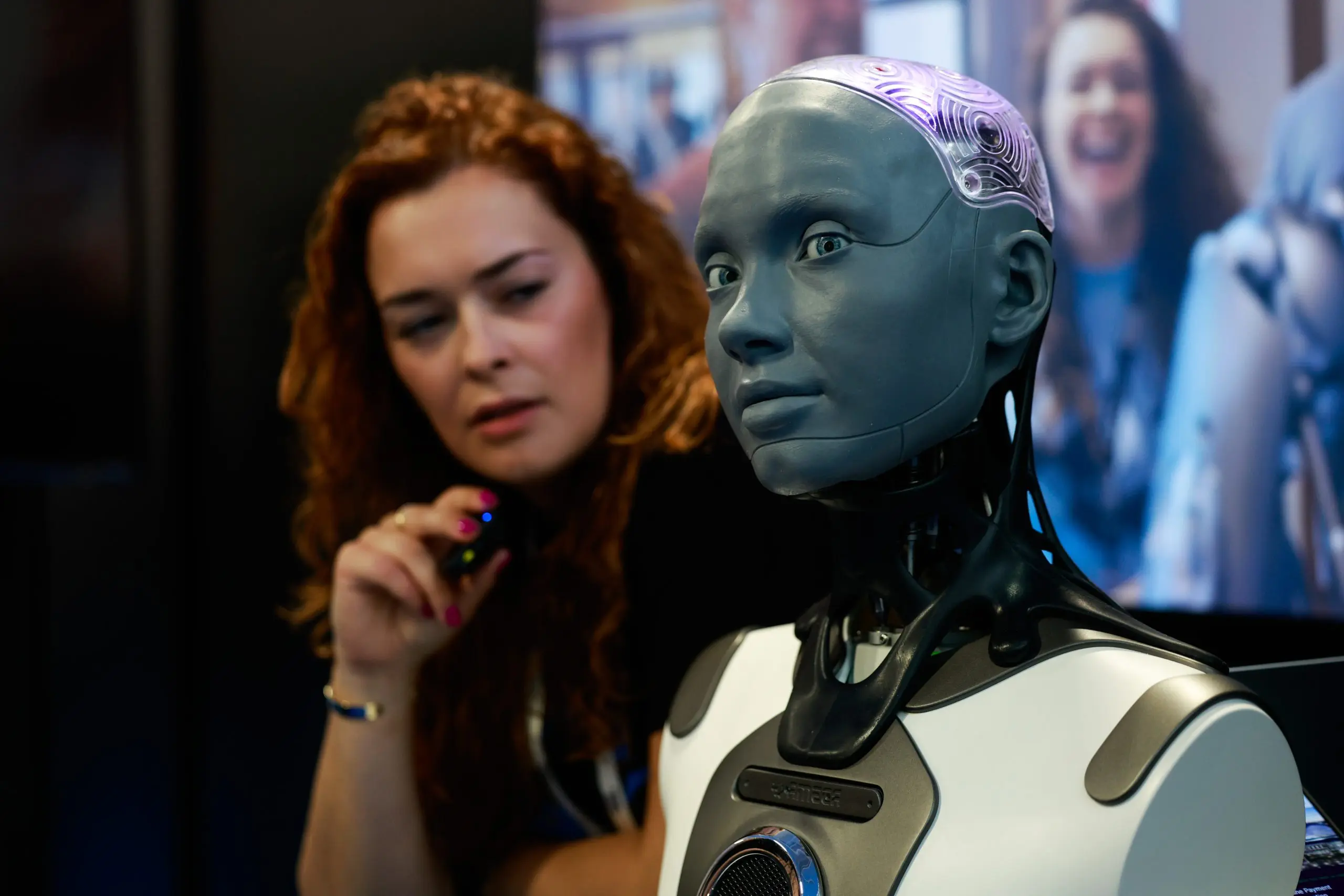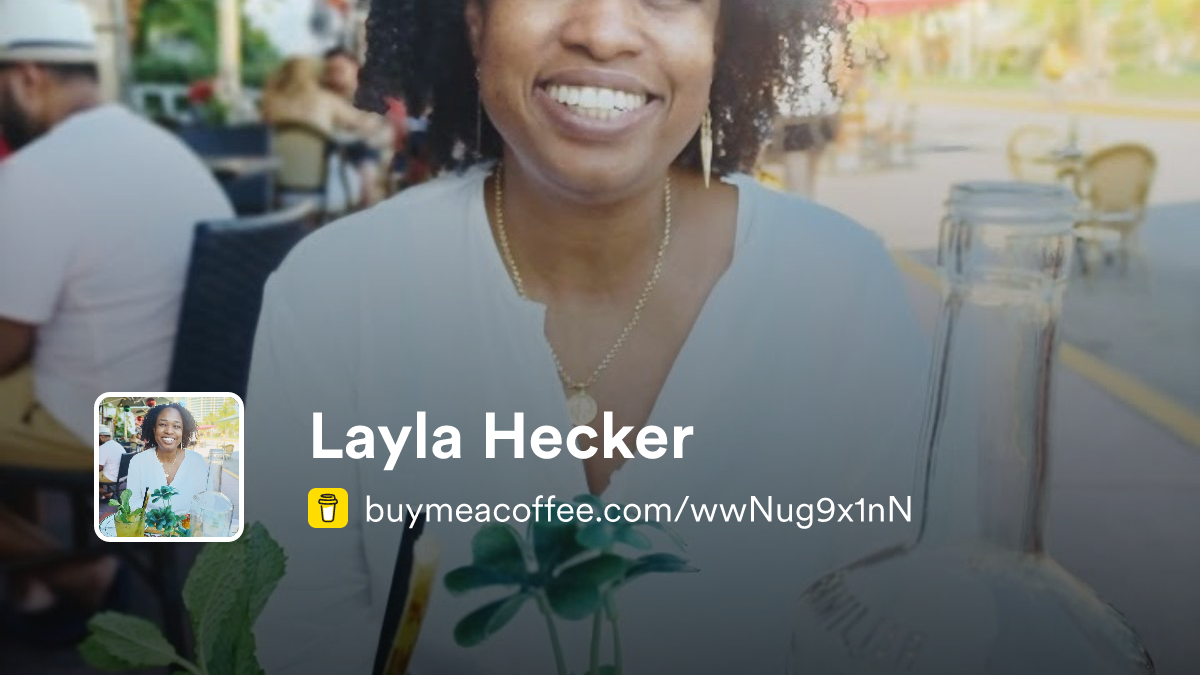- AI Strategist News
- Posts
- AI Weekly News Update: 07/21/2025
AI Weekly News Update: 07/21/2025
AI Strategist News: Navigating the transformative world of AI for your business

Table of Contents
This Week
Bottom Line Up Front
ChatGPT now has the capability to handle complex tasks from start to finish using its own virtual computer, allowing it to navigate websites, filter results, and deliver editable slideshows and spreadsheets.
This new capability is made possible by a unified agentic system that brings together the strengths of Operator, deep research, and ChatGPT's intelligence and conversational fluency.
ChatGPT agent has been developed with strengthened controls and safeguards to handle sensitive information and mitigate risks such as prompt injection attacks.
Business Use Cases
Bottom Line Up Front
New AI tools are revolutionizing the film industry, allowing creators like Samir Mallal to produce high-quality content quickly, with Mallal's film "Midnight Drop" being made entirely by artificial intelligence.
Industry experts, including TV producer Richard Osman, predict that AI-assisted content will become the norm, with Osman stating that TikTok, ads, and trailers will be majority AI-assisted by 2027.
The use of AI in film-making raises concerns about copyright, with creators like Beeban Kidron advocating for artists to be compensated for their work and have equity in the new system.
Why is this important
Executives often discuss the various ways their businesses are using artificial intelligence, with examples including Jamie Dimon of JPMorgan Chase and companies like Yum! Brands and Booking.com.
Many companies are exploring AI use cases, with 44% of S&P 500 companies discussing AI on earnings calls in the first quarter of the year.
Despite the enthusiasm, the actual spread of AI is slower than expected, prompting the question of why this is the case, with economics potentially providing an explanation.
Why is this important
Artificial intelligence (AI) has the potential to save hundreds of thousands of lives and up to $360 billion annually in the healthcare industry, but its impact so far has been relatively low.
Technical limitations, such as inaccurate diagnoses and racial bias, and ethical concerns, like data-sharing and privacy issues, are hindering AI's widespread adoption in healthcare.
The integration of AI in healthcare will be incremental, with AI currently being used for administrative tasks and limited clinical uses, but its potential to revolutionize the industry awaits as the technology matures and addresses existing challenges.
Bottom Line Up Front
New AI tools are revolutionizing the film industry, allowing creators like Samir Mallal to produce high-quality content quickly, with Mallal's film "Midnight Drop" being made entirely by artificial intelligence.
Industry experts, including TV producer Richard Osman, predict that AI-assisted content will become the norm, with Osman stating that TikTok, ads, and trailers will be majority AI-assisted by 2027.
The use of AI in film-making raises concerns about copyright, with creators like Beeban Kidron advocating for artists to be compensated for their work and have equity in the new system.
Bottom Line Up Front
Companies are laying off employees and replacing them with AI, but are not always transparent about it, instead using terms like "reorganization" and "optimization" to describe the changes.
Experts like Christine Inge and Jason Leverant believe that AI is playing a bigger role in layoffs than companies are letting on, with many firms relying on euphemisms to avoid backlash from employees and the public.
The use of AI is expected to continue to transform the workforce, with the World Economic Forum predicting that 41% of employers worldwide intend to reduce their workforce due to AI automation in the next five years, according to their 2025 Future of Jobs report.
Why is this important
Large companies are changing their fundamental pricing structures at historical speeds, making it essential for others to keep up to avoid being left behind.
Startups are rewriting markets, and companies that take too long to change their pricing models may find themselves a year and a half behind.
Failing to adapt quickly can result in outdated pricing models, making it crucial for companies to be agile in their pricing strategies.
PRESENTED BY HeyReach
10x your LinkedIn outbound. Unlimited senders, one fixed cost
For agencies, sales teams, and GTM experts who want to automate LinkedIn outreach, reach 1000+ leads weekly, and book more meetings.
Things to Pay Attention to
Bottom Line Up Front
Americans are increasingly using AI to diagnose their health issues, with 51% of health care professionals believing that most patients will self-diagnose with AI tools in 2-3 years.
The use of AI in healthcare is expected to grow, with the global healthcare AI market estimated to reach $187 billion by 2030, but it also raises concerns about misinformation and misdiagnosis.
According to Jan Herzhoff, president of Elsevier Health, clinicians have identified ways AI can enhance care quality and patient outcomes, but there is a need for factual accuracy from AI in clinical contexts, with 75% of clinicians highlighting this concern.
Bottom Line Up Front
Education is changing rapidly with the deployment of artificial intelligence to train machines to teach children and the embedding of gender ideology and political agendas into curricula.
According to Dr. Kent Ingle, President of Southeastern University, education is not just about delivering information, but about shaping lives, forming character, and teaching discernment, which cannot be automated.
Dr. Ingle emphasizes that AI can assist educators, but must never replace them, as machines cannot love, model virtue, or guide students towards a life of purpose, and that the role of teachers should be elevated, not replaced.
Bottom Line Up Front
Stephanie Nixdorf, a cancer patient, was denied coverage for a drug to treat arthritis induced by her immunotherapy treatments by her insurance company, Premera Blue Cross, but was eventually approved after using an AI-generated appeal letter from Claimable Inc.
Claimable Inc. and another company, Counterforce Health, offer AI-powered software that helps patients create customized appeal letters to fight insurance denials, with Claimable's model overturning roughly 1,000 denials.
The use of AI-generated appeal letters is becoming increasingly important as insurance companies deny a significant number of claims, with 19% of in-network claims denied in 2023, and fewer than 1% of consumers appealing these denials.
Why is this important
Scientists have developed a graphene-based device that can taste with near-human accuracy, detecting flavors with 98% precision.
The device uses machine learning to interpret chemical signals and classify flavors, and can work in moist conditions, simulating how real taste buds function.
The technology has potential applications in healthcare, food safety, quality control, and robotics, and could one day restore taste perception to people who have lost that ability.
Buy me a coffee











